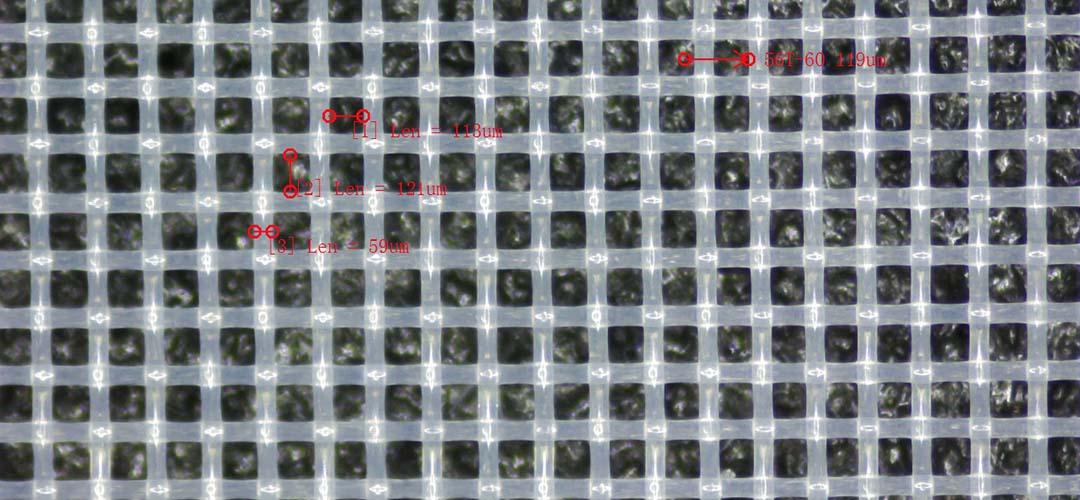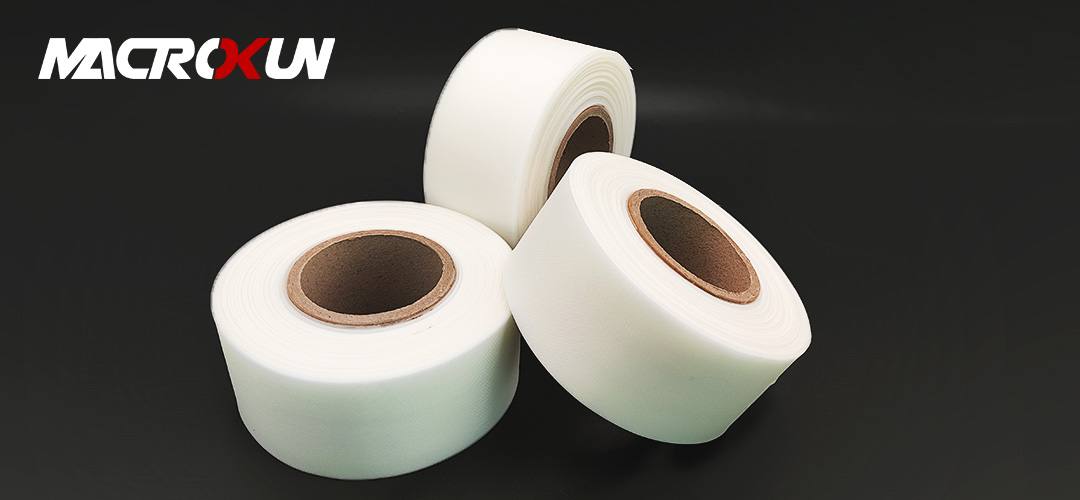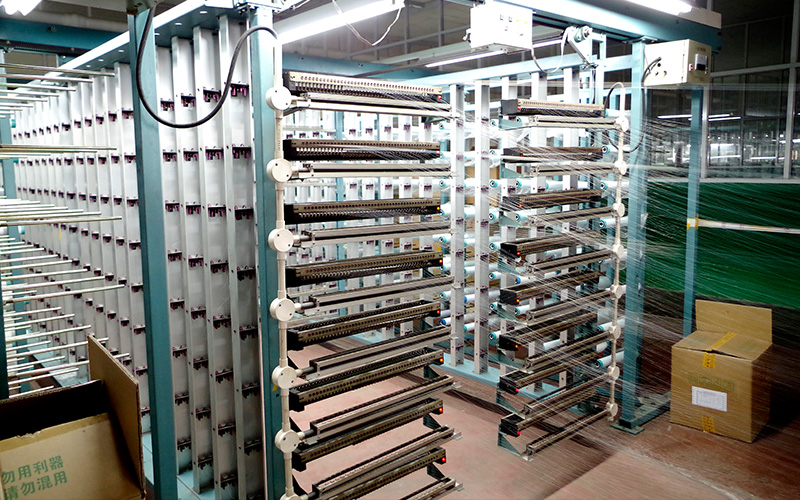Nylon mesh is a popular material used for filter screens in a variety of industries due to its durability, flexibility, and effectiveness in filtering out particles of various sizes. When used correctly, nylon mesh can significantly improve the efficiency of filtration processes and help maintain the quality of products. In this article, we will discuss some top tips for using nylon mesh for filter screens effectively.
One of the key benefits of using nylon mesh for filter screens is its ability to trap particles of different sizes while allowing for good flow rates. This makes it an ideal material for applications where a high level of filtration is required without compromising on the speed of the process. Nylon mesh is also resistant to chemicals and abrasion, making it suitable for use in harsh environments where other materials may deteriorate quickly.

To ensure that you are using nylon mesh for filter screens effectively, it is important to choose the right mesh size for your specific application. The mesh size refers to the number of openings per inch in the mesh, with smaller numbers indicating larger openings and vice versa. By selecting the appropriate mesh size, you can ensure that the filter screen effectively captures the particles you are trying to remove while allowing for efficient flow rates.
Another important factor to consider when using nylon mesh for filter screens is the mesh weave pattern. The weave pattern determines the strength and durability of the mesh, as well as its ability to capture particles of different shapes and sizes. Common weave patterns for nylon mesh include plain weave, twill weave, and Dutch weave, each offering unique benefits depending on the application.
In addition to choosing the right mesh size and weave pattern, it is essential to properly install and maintain nylon mesh filter screens to ensure optimal performance. This includes ensuring that the mesh is securely attached to the filter frame and that there are no gaps or tears that could allow particles to bypass the filter. Regular cleaning and inspection of the mesh are also important to prevent clogging and maintain filtration efficiency.
When using nylon mesh for filter screens, it is also important to consider the operating conditions of your filtration system. Factors such as temperature, pressure, and the type of particles being filtered can impact the performance of the mesh. By understanding these factors and selecting a nylon mesh material that is suitable for your specific application, you can ensure that your filter screens operate effectively and efficiently.
In conclusion, nylon mesh is a versatile and effective material for filter screens that can significantly improve the efficiency of filtration processes in various industries. By following these top tips for using nylon mesh effectively, you can ensure that your filter screens perform optimally and help maintain the quality of your products. Whether you are filtering liquids, gases, or solids, nylon mesh filter screens can provide reliable and consistent filtration results when used correctly.
Nylon mesh filters are a popular choice for a variety of applications, including air and water filtration, food processing, and industrial processes. These filters are known for their durability, flexibility, and effectiveness in capturing particles of various sizes. However, to ensure optimal performance and longevity, proper cleaning and maintenance techniques are essential.
One of the most important tips for using nylon mesh filters effectively is to regularly clean and maintain them. Over time, dirt, debris, and other contaminants can accumulate on the surface of the mesh, reducing its efficiency and potentially causing damage. To prevent this buildup, it is recommended to clean nylon mesh filters on a regular basis.
When cleaning nylon mesh filters, it is important to use the right tools and techniques to avoid damaging the material. Avoid using harsh chemicals or abrasive cleaning agents, as these can weaken the mesh and reduce its effectiveness. Instead, use a mild detergent or soap and warm water to gently clean the filter. For stubborn stains or buildup, a soft-bristled brush can be used to gently scrub the surface of the mesh.
After cleaning the nylon mesh filter, it is important to thoroughly rinse it with clean water to remove any remaining soap or debris. Allow the filter to air dry completely before reinstalling it in the filtration system. This will help prevent mold and mildew growth and ensure that the filter is ready for use.

In addition to regular cleaning, proper storage of nylon mesh filters is also important for maintaining their effectiveness. When not in use, store the filters in a clean, dry place away from direct sunlight and extreme temperatures. This will help prevent damage to the mesh and prolong its lifespan.
Another tip for using nylon mesh filters effectively is to regularly inspect them for signs of wear or damage. Check the mesh for tears, holes, or other defects that could compromise its effectiveness. If any damage is found, replace the filter immediately to ensure optimal filtration performance.
In conclusion, proper cleaning and maintenance techniques are essential for using nylon mesh filters effectively. By following these tips, you can ensure that your filters remain in top condition and continue to provide reliable filtration for your applications. Regular cleaning, gentle handling, proper storage, and regular inspections are key to maximizing the lifespan and performance of nylon mesh filters. By taking care of your filters, you can enjoy the benefits of clean, filtered air and water for years to come.
When it comes to choosing the right nylon mesh for filter screens, selecting the appropriate mesh size is crucial for achieving optimal filtration results. Nylon mesh is a versatile material that is commonly used in various industries for filtering liquids and solids. The size of the mesh openings determines the level of filtration and the type of particles that can be captured. In this article, we will discuss some top tips for using nylon mesh for filter screens effectively, with a focus on selecting the right mesh size for your specific filtration needs.
One of the key factors to consider when choosing a nylon mesh size is the type of particles you need to filter. Smaller mesh sizes are ideal for capturing fine particles, while larger mesh sizes are better suited for filtering larger particles. It is important to determine the size range of the particles you are trying to filter in order to select the appropriate mesh size. This will ensure that the mesh is able to effectively capture the particles without clogging or reducing filtration efficiency.
Another important consideration when choosing a nylon mesh size is the flow rate of the liquid or gas being filtered. Smaller mesh sizes can restrict flow rates, while larger mesh sizes allow for higher flow rates. It is important to strike a balance between filtration efficiency and flow rate to ensure optimal performance. Consider the viscosity of the fluid being filtered and the desired filtration rate when selecting the mesh size.
In addition to particle size and flow rate, the material of the nylon mesh also plays a role in determining the appropriate mesh size. Nylon mesh is available in a variety of materials, each with different properties that can affect filtration performance. Some materials are more durable and resistant to chemicals, while others are more flexible and easier to clean. Consider the specific requirements of your filtration application when choosing the material of the nylon mesh.
It is also important to consider the mesh count when selecting a nylon mesh size. Mesh count refers to the number of openings per linear inch in the mesh. A higher mesh count indicates a finer mesh size, while a lower mesh count indicates a larger mesh size. The mesh count can affect the level of filtration and the flow rate, so it is important to choose a mesh count that is suitable for your specific filtration needs.

When selecting a nylon mesh size for filter screens, it is important to consider the overall design and construction of the filter system. The mesh size should be compatible with the filter housing and other components of the system to ensure proper installation and operation. Consider the dimensions of the filter screen, the type of filtration media used, and any additional features or accessories that may be required for your specific application.
In conclusion, choosing the right nylon mesh size is essential for achieving effective filtration with filter screens. Consider the type of particles being filtered, the flow rate of the fluid, the material of the mesh, the mesh count, and the overall design of the filter system when selecting a mesh size. By following these top tips, you can ensure that your nylon mesh filter screens perform optimally and meet your specific filtration needs.
Pre: Nylon Mesh Filter Element Filter: High-Performance Filtration
Next: How Micron Nylon Mesh Netting Enhances Precision in Filtration

MACROKUN has established long-term and stable cooperative relations with many transportation companies such as China Post, DHL, FEDEX, USPS, UPS, etc. Of course, MACROKUN can also provide air and sea transportation. The powerful logistics system enables all MACROKUN'S Printing Mesh, Filter Mesh and Filter Bags and so on to be easily and efficiently transported to any place. For quotes and inquiries, please email our sales team.





